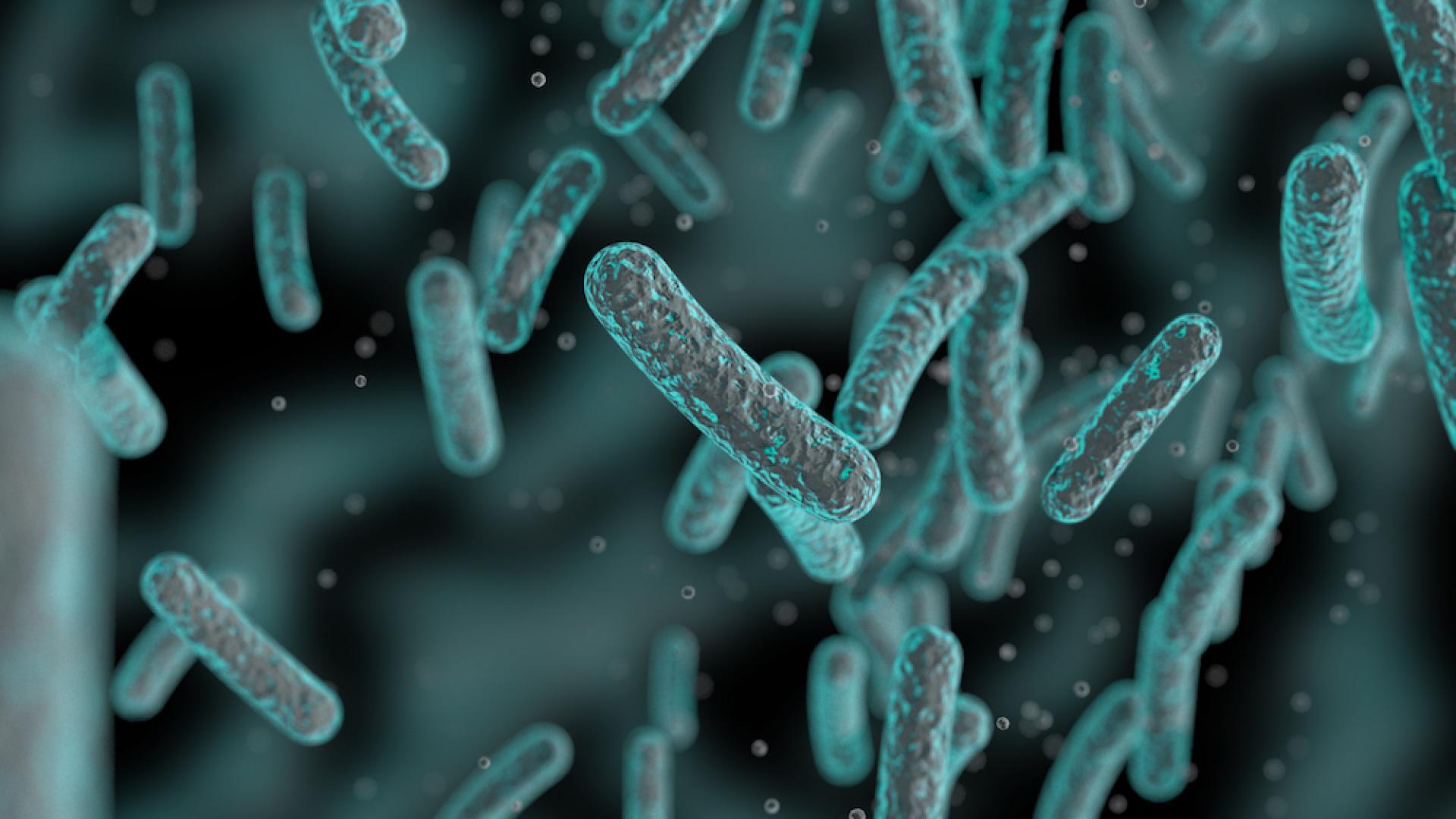
Computational Bioscience Research Center
Research at the KAUST Computational Bioscience Research Center (CBRC) encompasses computational biology and bioinformatics with applications in the life sciences. Researchers at CBRC develop computationally driven methodologies, tools and resources to speed up the process of biological discovery. By developing methods to store, retrieve, organize and analyze vast amounts of data, the Center contributes to areas such as biotechnology and food, medicine, safety, and environmental protection.
About the Computational Bioscience Research Center
The Computational Bioscience Research Center (CBRC) was established at KAUST’s inception in 2009 as one of the initial nine KAUST Research Centers with the objective of meeting the challenges in human health, environment and biotechnology with particular relevance to the Kingdom. To this aim, CBRC conducts advanced research into the application of computer science, artificial intelligence, and mathematical modeling in the fields of life sciences, human health, and environmental management.
CBRC engages synergistically in computational and experimental work enabled by state-of-the-art facilities at KAUST. The primary thrusts of CBRC research in life sciences are bioinformatics, applications of AI and Big Data in biology, biotechnology and human health.

Research Focus Areas
• Bioinformatics and Computational Biology
• Applications of Big Data Analytics and AI in Life Sciences
• Biotechnology and its Applications
• Biomedical Applications in Human Health
• Environmental Studies
• Marine Science
Selected Publications
- Juexiao Zhou, Xiaonan He, Liyuan Sun, Jiannan Xu, Xiuying Chen, Yuetan Chu, Longxi Zhou, Xingyu Liao, Bin Zhang, Shawn Afvari, and Xin Gao*. (2024). “Pre-trained multimodal large language model enhances dermatological diagnosis using SkinGPT-4”. Nature Communications. 15: 5649.
- Maxat Kulmanov, Francisco Guzmán-Vega, Paula Duek Roggli, Lydie Lane, Stefan Arold, and Robert Hoehndorf. (2024) "Protein function prediction as approximate semantic entailment". Nature Machine Intelligence. 6:220-228.
- Juexiao Zhou, Siyuan Chen, Yulian Wu, Haoyang Li, Bin Zhang, Longxi Zhou, Yan Hu, Zihang Xiang, Zhongxiao Li, Ningning Chen, Wenkai Han, Chencheng Xu, Di Wang, and Xin Gao*. (2023). “PPML-Omics: a privacy-preserving federated machine learning method protects patients’ privacy from omic data”. Science Advances. 10: eadh8601.
- Longxi Zhou, Xianglin Meng, Yuxin Huang, Kai Kang, Juexiao Zhou, Yuetan Chu, Haoyang Li, Dexuan Xie, Jiannan Zhang, Weizhen Yang, Na Bai, Yi Zhao, Mingyan Zhao, Guohua Wang, Lawrence Carin, Xigang Xiao, Kaijiang Yu, Zhaowen Qiu, and Xin Gao*. (2022). “An Interpretable deep learning workflow for discovering sub-visual abnormalities in CT scans of COVID-19 inpatients and survivors”. Nature Machine Intelligence. 4: 494-503.
- Wang Liu-Wei, Senay Kafkas, Jun Chen, Nicholas Dimonaco, Jesper Tegnér, and Robert Hoehndorf*. (2021). "DeepViral: prediction of novel virus–host interactions from protein sequences and infectious disease phenotypes". Bioinformatics. 37:2722-2729.













